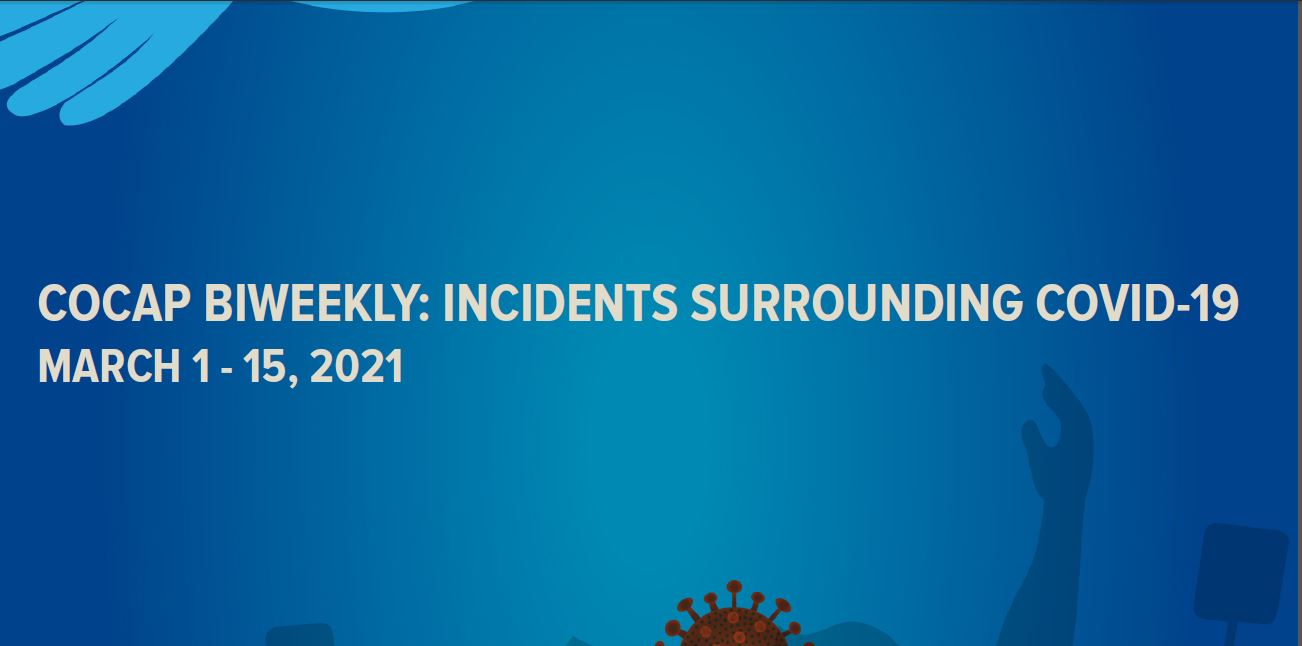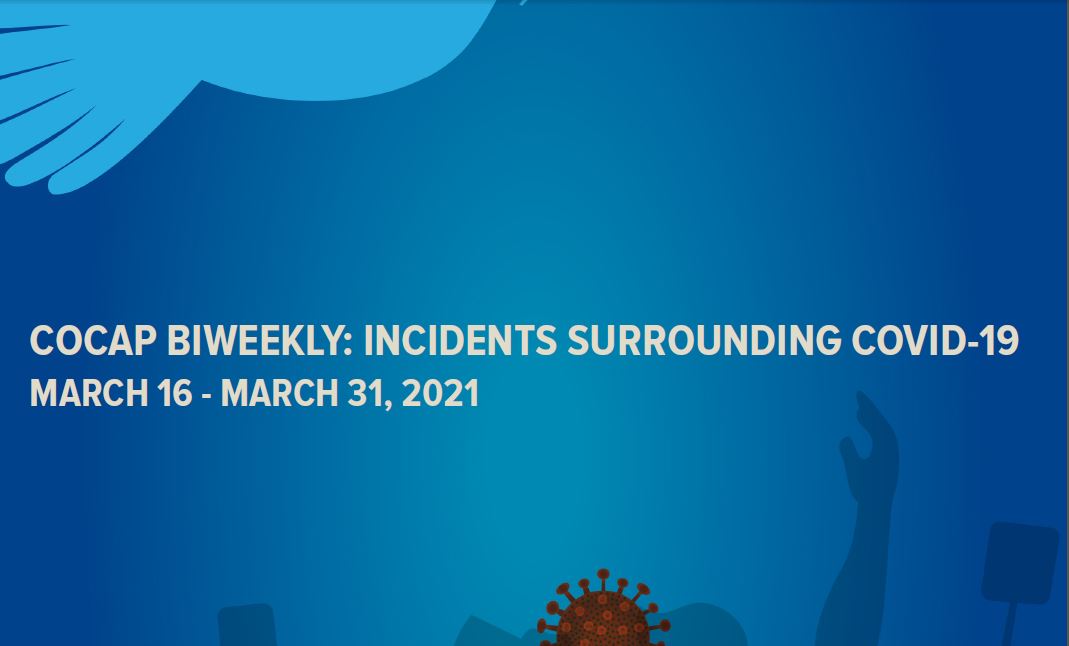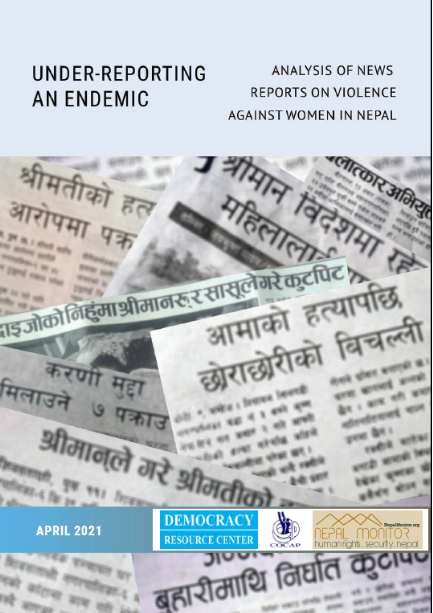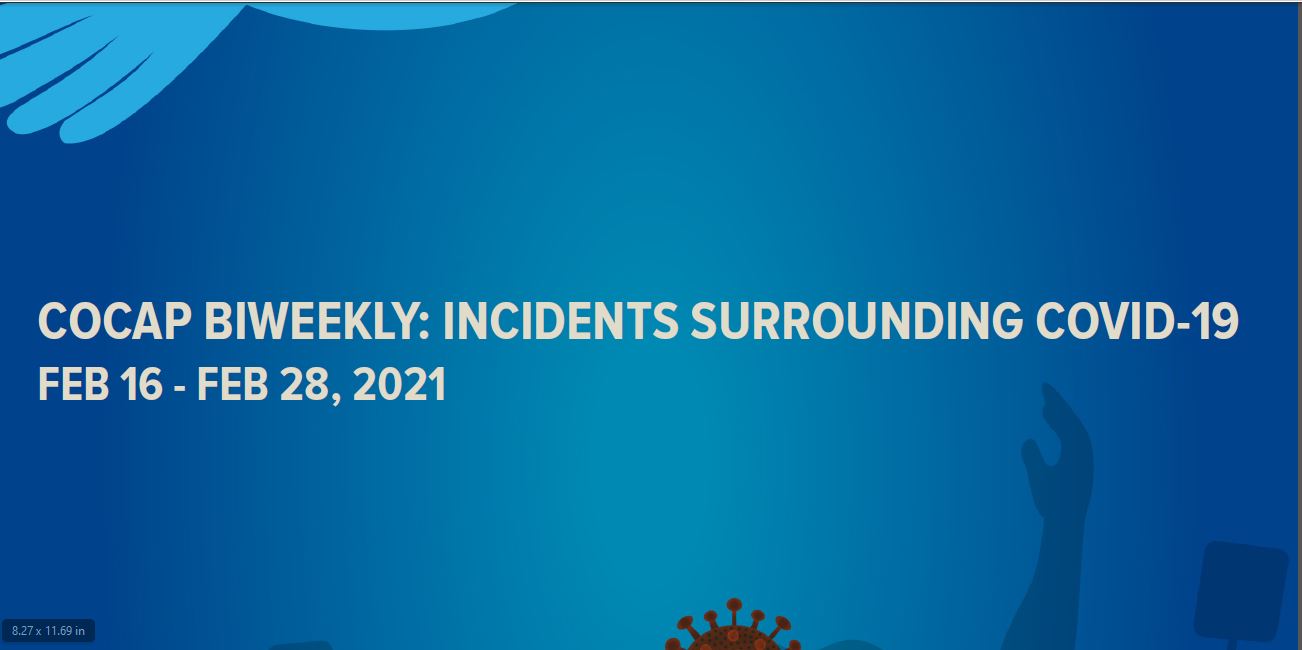Nepal ratified the Convention on the Elimination of All Forms of Discrimination against Women (Cedaw) in 1991 as part of its commitment to uphold and protect gender equality. On Tuesday, seven years after its last review, the country reported its progress to the 71st session of the Cedaw Committee in Geneva. Countries are obligated to report every four years.
Nepal has been making steady progress, both economically and socially, since it transitioned into a federal democratic republic after the promulgation of the 2015 constitution. The current constitution ensures that basic health care services are a fundamental right, and addresses women and girls’ right to safe motherhood and reproductive health through numerous national laws, policies and programmes.
Accordingly, the government of Nepal has developed and amended existing laws, which explicitly prohibited child marriage from 2016, outlawed the practice of chaupadi and put in place the Safe Motherhood and Reproductive Health bill earlier this year. What is now needed is the political will to implement these laws. Stigma and taboos around menstruation are prevalent, hindering many girls from accessing mobility, health and education of girls.
Despite having one of the highest legal marriageable age—20 years—for both men and women, Nepal has the third highest rate of child marriage with 37 percent of girls marrying before age 18, and 10.0 percent before the age of 15. While abortion has been legalised, access to safe abortion services remain limited especially in rural and remote areas. In many cases, women and girls—an estimated 40 percent—are not even aware of the legal status and provision of safe abortion services. Pressing issues like young girls’ sexual and reproductive health and rights (SRHR) and Comprehensive Sexuality Education (CSE) also warrant more attention from the government. Though a mandatory course for students, sexuality education is limited both in concept and in content. For example, sexual health is not fully addressed. The content is driven by health perspectives, and there is a need to integrate gender and human rights.
There is also a dire need for teacher training on CSE, which is currently non-existent. Hence, teachers are not sensitised on how to handle issues like sexuality, sexual health and bodily autonomy in classroom settings. Ideally, CSE should be delivered from the primary school levels, especially for students to understand issues such as good touch-bad touch, and to help identify and protect against abuse. But currently, the curriculum is only delivered to secondary school students.
Despite having laws and programmes on adolescent sexual and reproductive health, girls seem to be neglected. Social norms and patriarchal family dynamics reinforce gender norms, especially on girls who are vulnerable, and prevent information and discussion on girls’ sexuality and sexual and reproductive health. There are additional layers of discrimination at service provision centres where providers’ own biases and beliefs often interfere with girls receiving non-judgemental, and appropriate counselling and services. To highlight these critical issues on Tuesday, the Asian Pacific Resource and Research Centre for Women (ARROW) and the Right Here, Right Now (RHRN) Nepal platform—a strategic partnership of fifteen women-led and youth-led civil society organisations in Nepal) presented a briefing paper titled ‘Promotion of Women and Girls’ SRHR’, to the treaty body.
We urge the government of Nepal to bolster its efforts to provide comprehensive sexuality education, and to ensure that girls’ rights to sexual and reproductive health information and services are respected and fulfilled. Nepal has always demonstrated its commitment to women’s rights, and has been a pioneer in South Asia in recognising, protecting and fulfilling women’s rights. We appeal to the government to continue treading this progressive path, and uphold women’s SRHR during these turbulent times where we are witnessing a massive push back and regression of women’s rights globally.
SIVANANTHI THANENTHIRAN
Thanenthiran is the executive director of the Asian-Pacific Resource and Research Centre for Women (ARROW).


_001.png)




